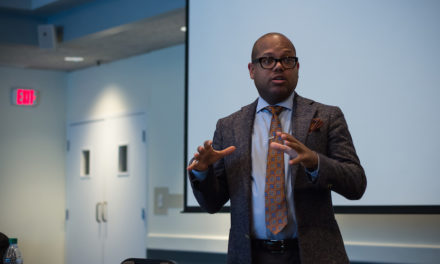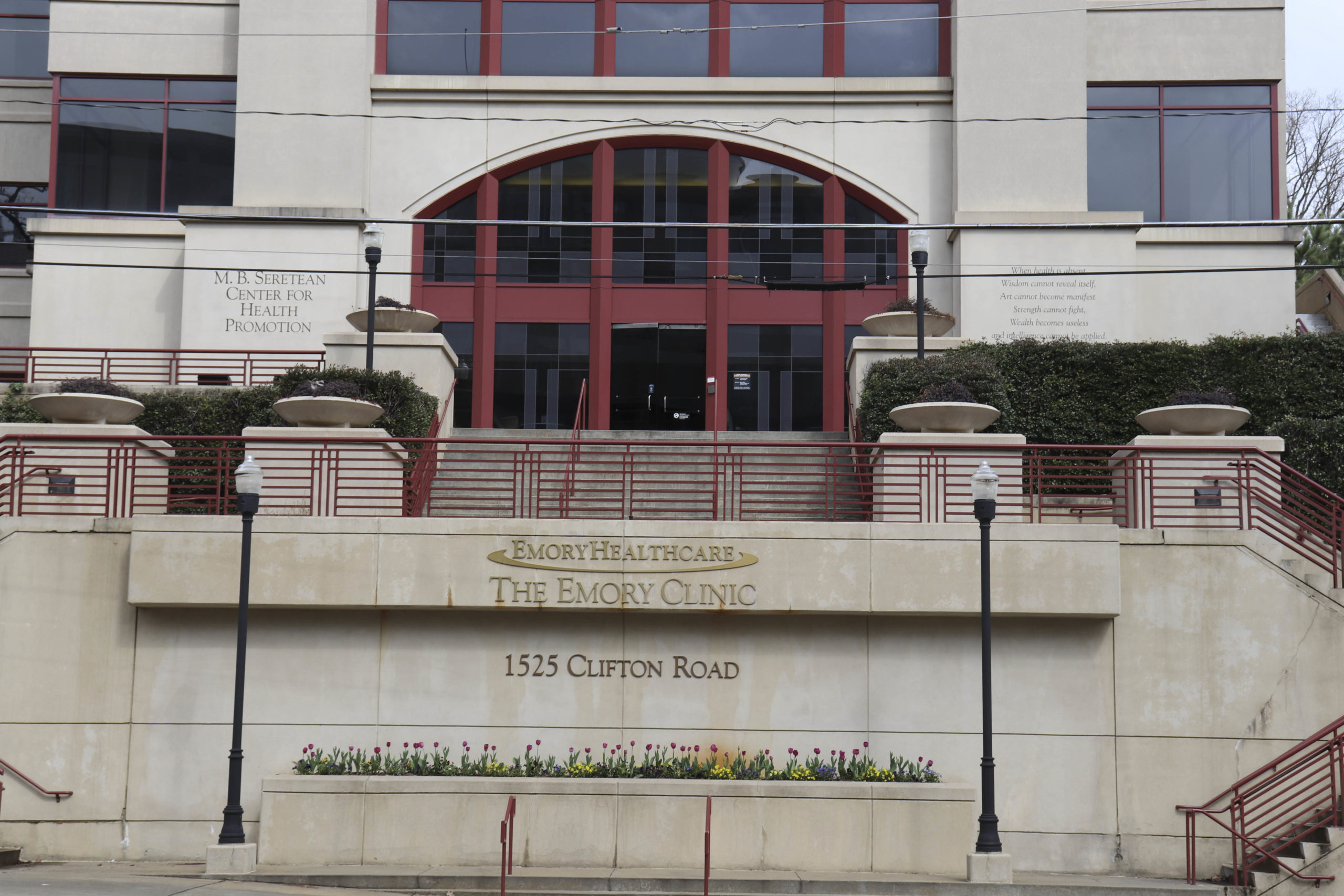This summer Emory University announced its commitment to the Conflict-Free Campus Initiative.
The initiative includes universities striving for the “responsible sourcing of minerals” from the Democratic Republic of the Congo (DRC), according to a July 5 University press release.
A new Conflict Materials Policy, which went into effect on July 1, reflects the University’s commitment to social responsibility and sustainability by supporting the purchase of conflict-free products from suppliers in the DRC and adjoining countries, the press release states.
By considering offering preference to suppliers who produce “conflict-free materials,” Emory ensures its purchase will not go toward financing the violent conflict in eastern DRC and will instead be used to support humanitarian relief.
The new policy supports the 2010 Dodd-Frank Wall Street Reform and Consumer Protection Act (Dodd-Frank Act), which attempts to address the growing humanitarian crisis in the eastern DRC.
The act specifically addresses Congressional concerns related to the exploitation of minerals in the DRC and their use in electronics that the United States has purchased.
According to the policy statement, the University has made the decision to choose suppliers “who have made a commitment to conflict-free supply chains.”
According to a letter from University President James W. Wagner to College senior Alexandra Merrick, Wagner worked with Vice President of Finance Mike Mandl as well as other administrators to add the “Conflict Materials Policy Statement” to the University.
The policy will also be included in any future agreements with Emory’s technology providers.
“I asked a couple folks within Finance and Administration to do a little research on it, and then we established it after a very brief evaluation,” Mandl wrote in an email to the Wheel. “It just made sense.”
The visibility of the policy’s implementation will not be immediately obvious to students or staff.
However, the policy does expect the University to offer preferences to conflict-free suppliers in the future.
The Emory Wheel was founded in 1919 and is currently the only independent, student-run newspaper of Emory University. The Wheel publishes weekly on Wednesdays during the academic year, except during University holidays and scheduled publication intermissions.
The Wheel is financially and editorially independent from the University. All of its content is generated by the Wheel’s more than 100 student staff members and contributing writers, and its printing costs are covered by profits from self-generated advertising sales.





